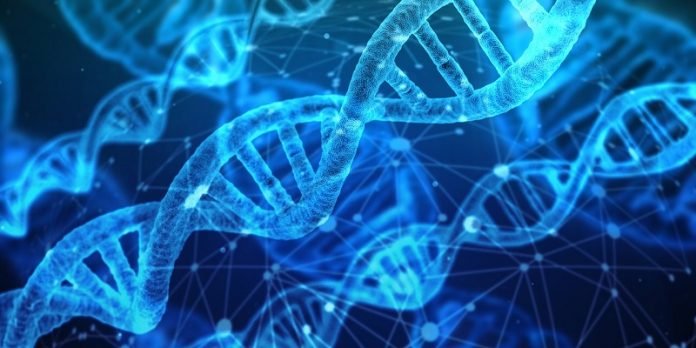
In a new study, researchers have identified dozens of genes, including 16 new genes, that increase the risk of autism.
The study examined families with at least two children with autism.
The research was done by a team from UCLA, Stanford University and three other institutions.
Autism is a spectrum of neurological disorders characterized by difficulties with communication and social interaction.
In the study, the team used a technique called whole genome sequencing to map the DNA of 2,300 people from nearly 500 families.
Of the children in the study, 960 have autism and 217 children do not.
That enabled researchers to analyze the genetic differences between children with and without autism across different families.
The team found 69 genes that increase the risk for autism; 16 of those genes were not previously suspected to be associated with a risk for autism.
The researchers also identified several hundred genes they suspect may increase the risk of autism based on their proximity to genes previously identified to carry an increased risk.
The study analyses further revealed several new biological pathways not previously identified in studies of autism.
These findings shed light on how genetic variants or mutations — the differences that make each person’s genome unique — are passed from parents to children affected with autism.
These variants are frequently passed from the parents to all of the affected children but none of the unaffected children, which tells scientists that they are significantly increasing the risk of autism.
The researchers also found that the 16 genes newly determined to be linked to an increased risk for autism form a network with previously identified ASD risk genes.
The way they interact with one another further heightens the risk.
One author of the study is Elizabeth Ruzzo, a UCLA postdoctoral scholar.
The study is published in the journal Cell.
Copyright © 2019 Knowridge Science Report. All rights reserved.



